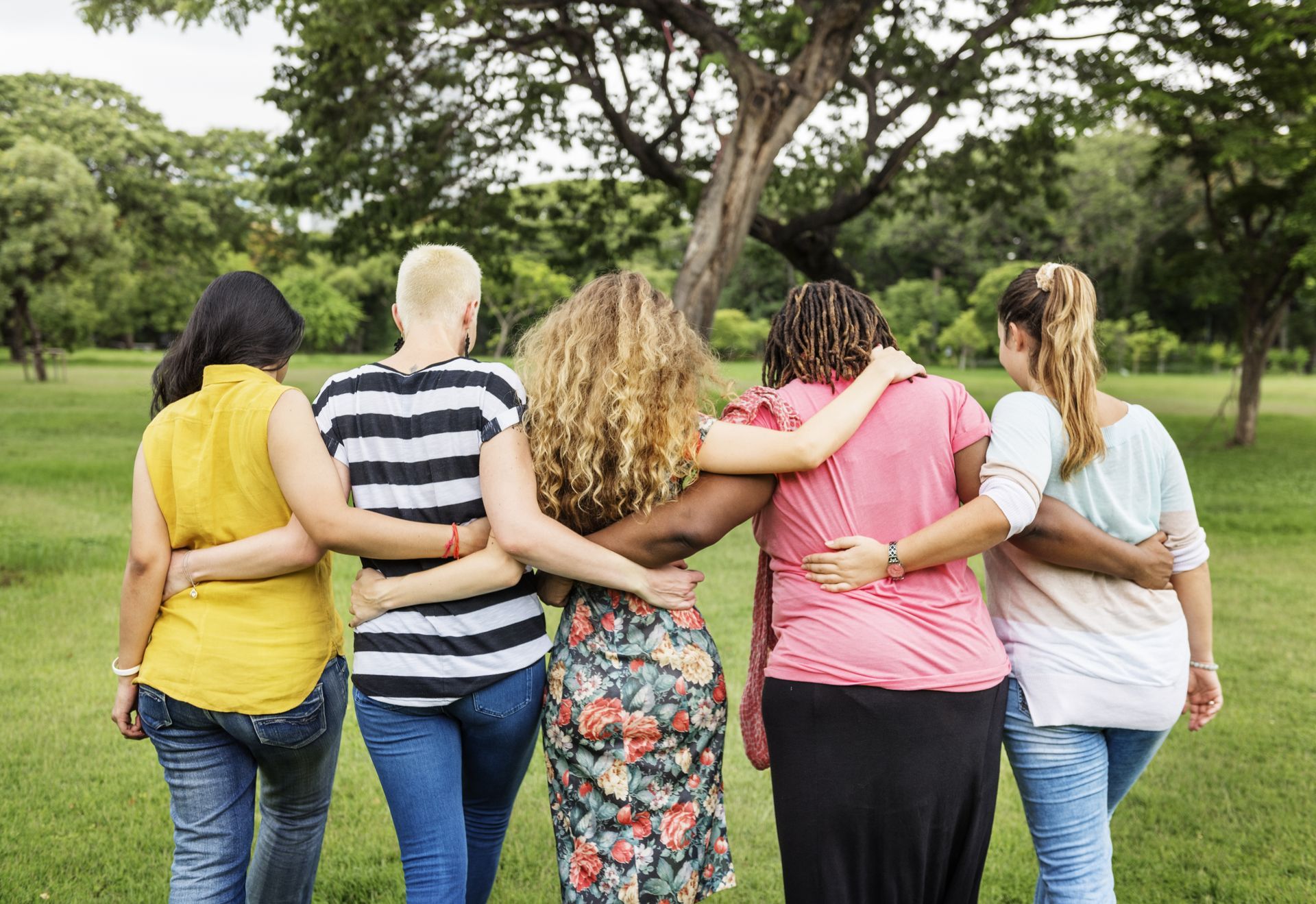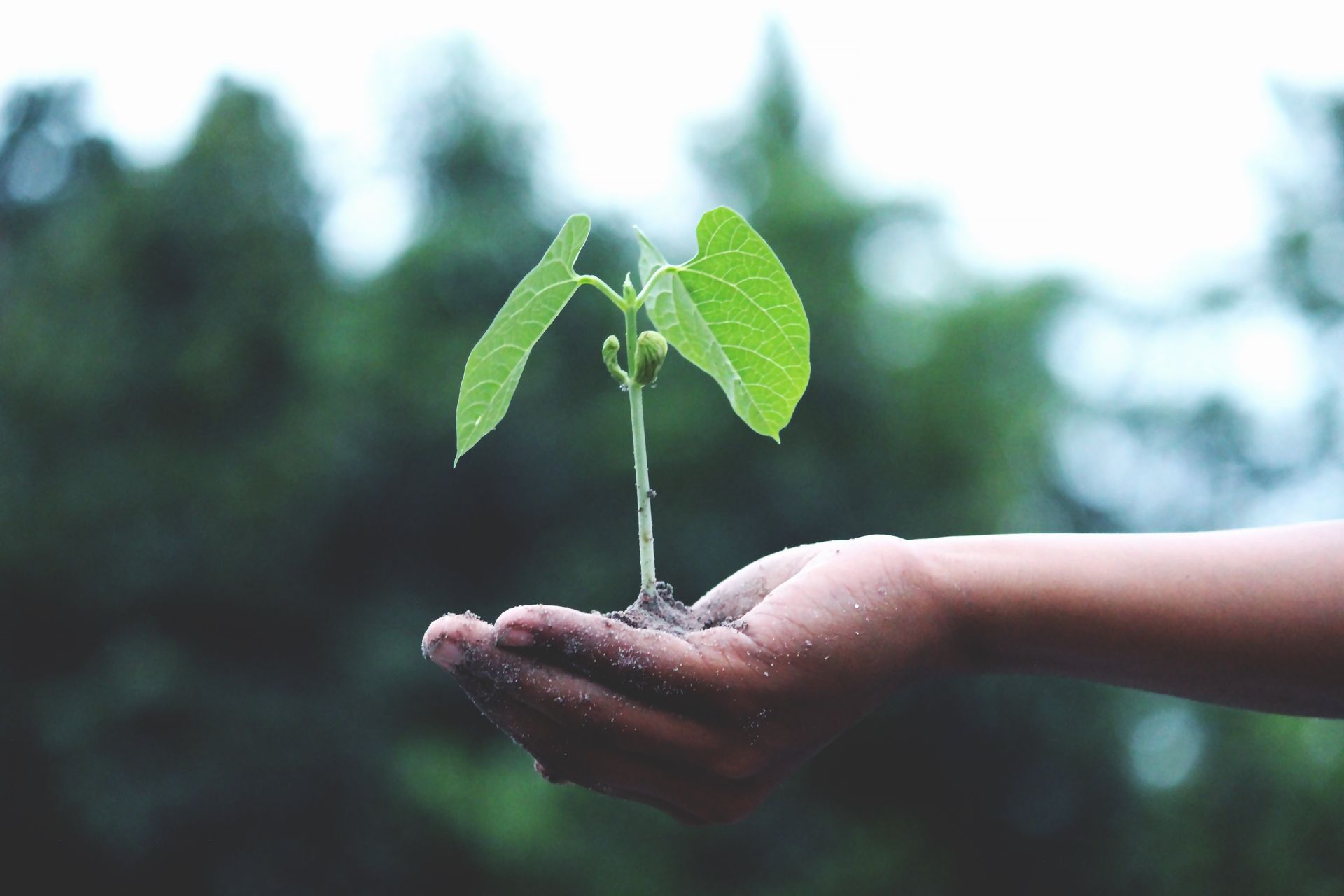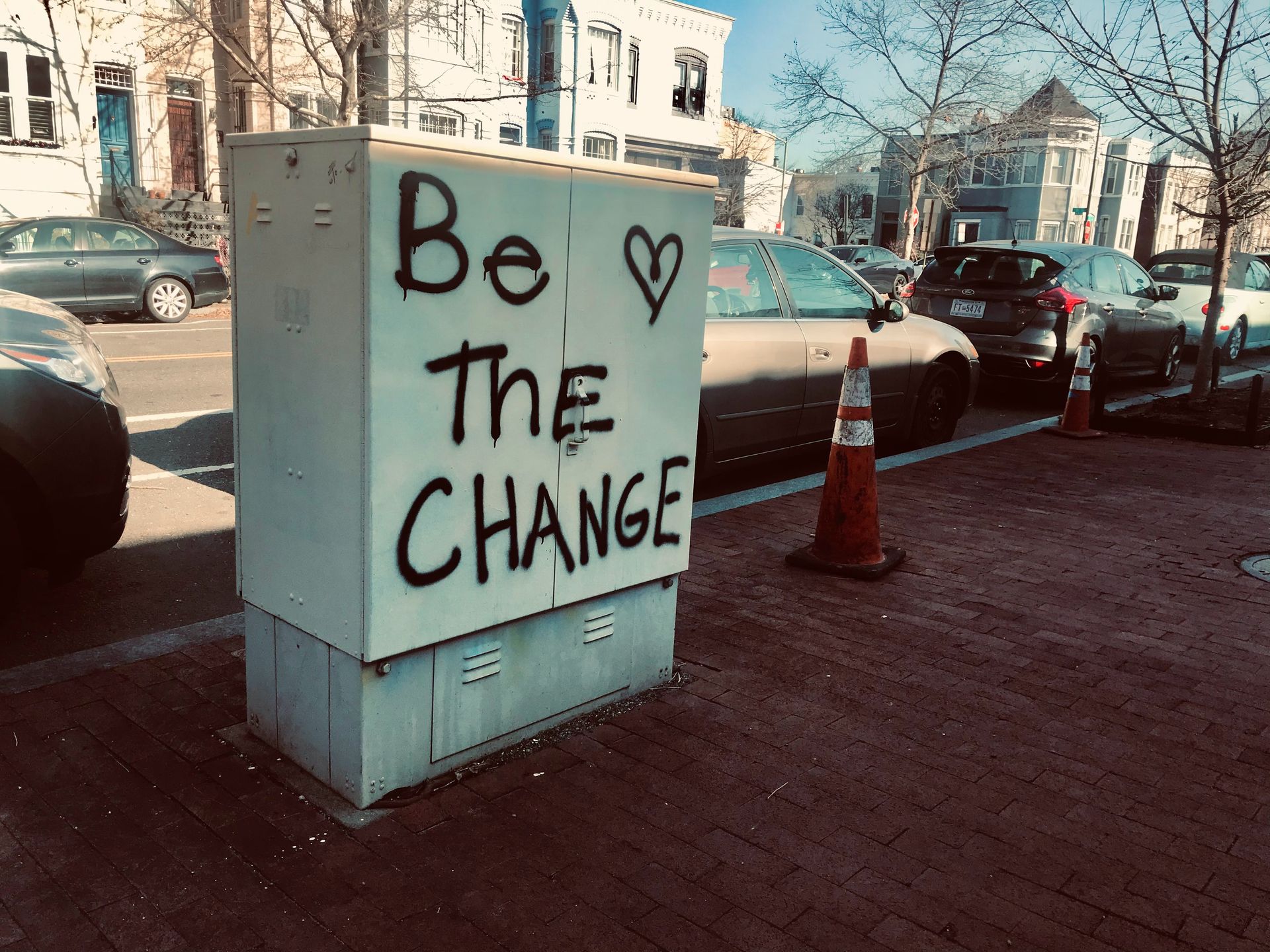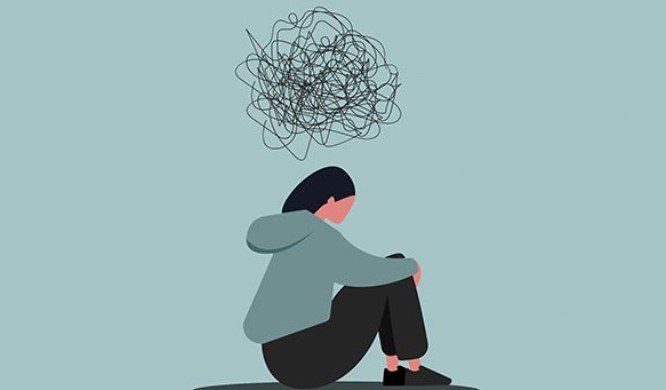Your Homes Newcastle: The Journey to becoming more Psychologically Informed
Your Homes Newcastle and aneemo are excited to announce their ongoing partnership, working together to bring the latest evidence-based training to staff across the organisation and further support and enhance the already outstanding work being delivered across the Your Homes Newcastle services.

So, who are Your Homes Newcastle?
Your Homes Newcastle (YHN) is a regional leader in the provision of high-quality homes and a key partner with Newcastle City Council (NCC), managing their extensive portfolio of council homes as an Arms-Length Management Organisation (ALMO). As well as managing thousands of properties across Newcastle, YHN also offer a range of other services and supported living schemes, putting customers at the centre of everything that they do and advocating everyone’s right to a safe, affordable home that they’re proud to live in.
In 2022 YHN committed to becoming a psychologically informed environment in recognition of the need to develop and adapt their responses to people who struggle to live a stable life and who might be experiencing a crisis which could put them at risk of losing their home. Through research commissioned in 2022 they found that YHN, as a social housing provider, and supported by the work of their Support & Progression services, appears to be serving more marginalised or vulnerable households, when compared to the social housing sector as a whole.
YHN are in an excellent position to help people make everyday changes in their lives that can help with personal growth, improved wellbeing and tenancy sustainment. They’ve found PIE to be an excellent framework to help better understand and connect with customers. A key lead in implementing the new practice is Gemma Shiel, Senior Manager: Support and Progression, who describes the journey so far:
“To support us on our PIE journey we are very excited to be partnered with aneemo and Dr Emma Williamson. So far 353 YHN and NCC staff have been enrolled onto the aneemo platform to help better understand and feel more equipped in dealing with some of the psychological and mental health difficulties that our customers (& colleagues) might be experiencing. The training provided through aneemo is excellent and Dr Williamson and the aneemo team are inspiring and great to work with.”
Why choose aneemo?
Staff training and development is an important tool which has been shown to lower levels of burnout, enhance staff competence and confidence, and ultimately result in better service user care. The aneemo team have worked hard to ensure that our training is packaged in an engaging way and offers a high-quality learning experience by using the latest developments in interactive and video-based technology. As Dr Emma Williamson, aneemo CEO explains “we are used to streaming videos on demand in our personal lives and accessing high quality video content and advanced online technology, but when it comes to e-learning in the health and social care sectors, the quality of the user experience was really lacking and I, like so many others, was tired of struggling through dry, heavily text-based e-learning mandatory training every year. I felt the content was commonly not presented in a fresh and appealing way nor was it tailored to my specific area and relevant to the work I was doing”.
These were key things Emma set about trying to address in the development of aneemo training. All courses contain bitesize videos taught by leading national experts, downloadable worksheets and tools, study materials and end of module quizzes to assess learning. They are also accredited by the CPD Certification Service and staff receive a personalised CPD certificate upon completion of their learning. Using a multi-device user friendly format, the aneemo LMS also delivers ‘portable’ training accessed from anywhere at any time. This is vital as the nature of work across the health and social care sector means that staff need access to training resources on-demand, be that when commuting, on a night shift, lone working, or when needing quick advice and access to crisis tools.
The Partnership
YHN and aneemo have a shared set of values and priorities, which will be supported through this new partnership and their respective work towards the greater mission of promoting Psychologically Informed Environments (PIE) and Trauma Informed Approaches (TIA). All aneemo training aims to build towards an advanced organisational and operational level Psychologically and trauma-informed culture. The curriculum developed with YHN focuses on the centrality of community, equality and inclusion, and supports their core values: be Ready for anything, deliver Amazing services to customers, embrace creativity and change in order to be ‘Revolutionary’, and bring Energy to every day. Like aneemo, YHN always want to ensure that staff feel confident when they develop and implement practices such as TIA and PIE, and that they are handling the application of these approaches with care. This is key to creating a more socially inclusive society in which vulnerable groups are treated with integrity and respect, and receive high quality services that are considerate and compassionate.
YHN & aneemo: A Bespoke Training Programme
aneemo and YHN have worked together to develop a bespoke training programme, made up of courses from our online catalogue to embed learning, which is then supported by regular live reflective practice workshops. The programme kicked off with two fantastic events: the in-person Staff Conference and a bespoke Managers Training Day, held in Newcastle and support by presentations and training from Dr Williamson, introducing the concept of PIE’s and Trauma Informed Care. A series of selected online courses were then released, enhancing the learning from the live sessions, setting a baseline of knowledge across the organisation, and supporting staff in developing their own PIE and Trauma Informed practices. Leaving enough time for staff to complete their first block of training, we have subsequently rolled-out a programme of live online reflective practice workshops to explore key concepts further, give staff the opportunity to ask questions and, most importantly, reflect on their own experiences and practices.
The success of this approach has been clear in the amazing feedback received so far. We’re delighted to have received consistently high ratings for the quality of our courses, the relevance of our content, and the impact the learning has on staff feelings of confidence and competence in their PIE and Trauma Informed ways of working. The interactive nature of the workshops was also well received, with staff commenting on how much they enjoyed meeting a wide range of colleagues and discussing concepts in a group setting. It’s a structure that will be repeated over the course of the programme- releasing online courses in a strategic way, bringing the teams on a journey to develop their Psychologically Informed Environments and Trauma Informed approaches, and underpinning this training with regular group discussions and reflective practice.
Thanks to all the teams across YHN for their dedication, participation and feedback so far. We’re excited to be on this journey with such a fantastic organisation and look forward to our continued partnership and learning!
If you’d like more information about the programme, or how aneemo can help your organisation on your own journey, please contact aneemo Key Account Manager, Angee Jenkins (angee.jenkins@aneemo.com) or our dedicated support team at Contact@aneemo.com who will be happy to help.


